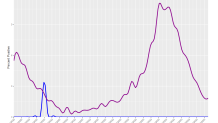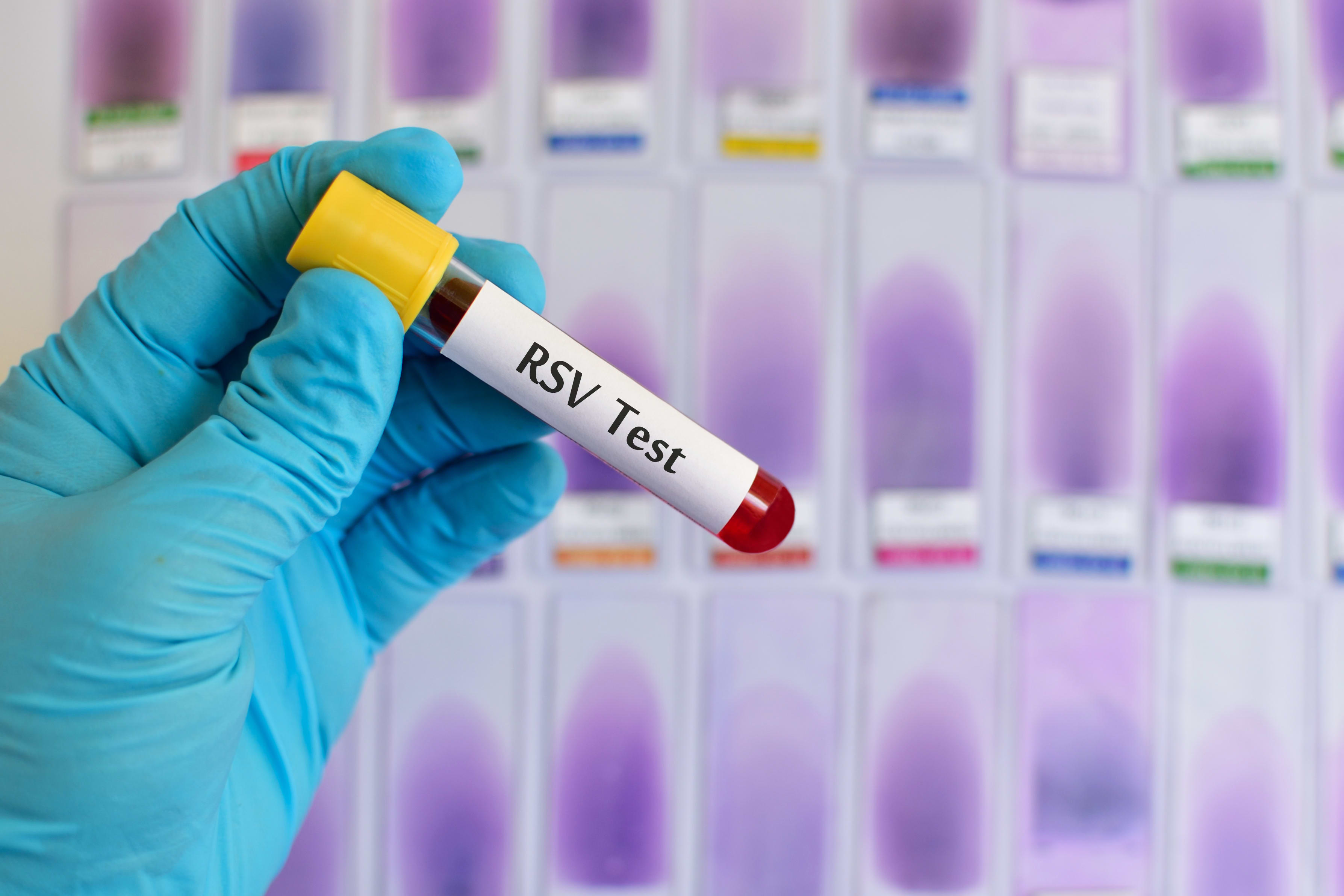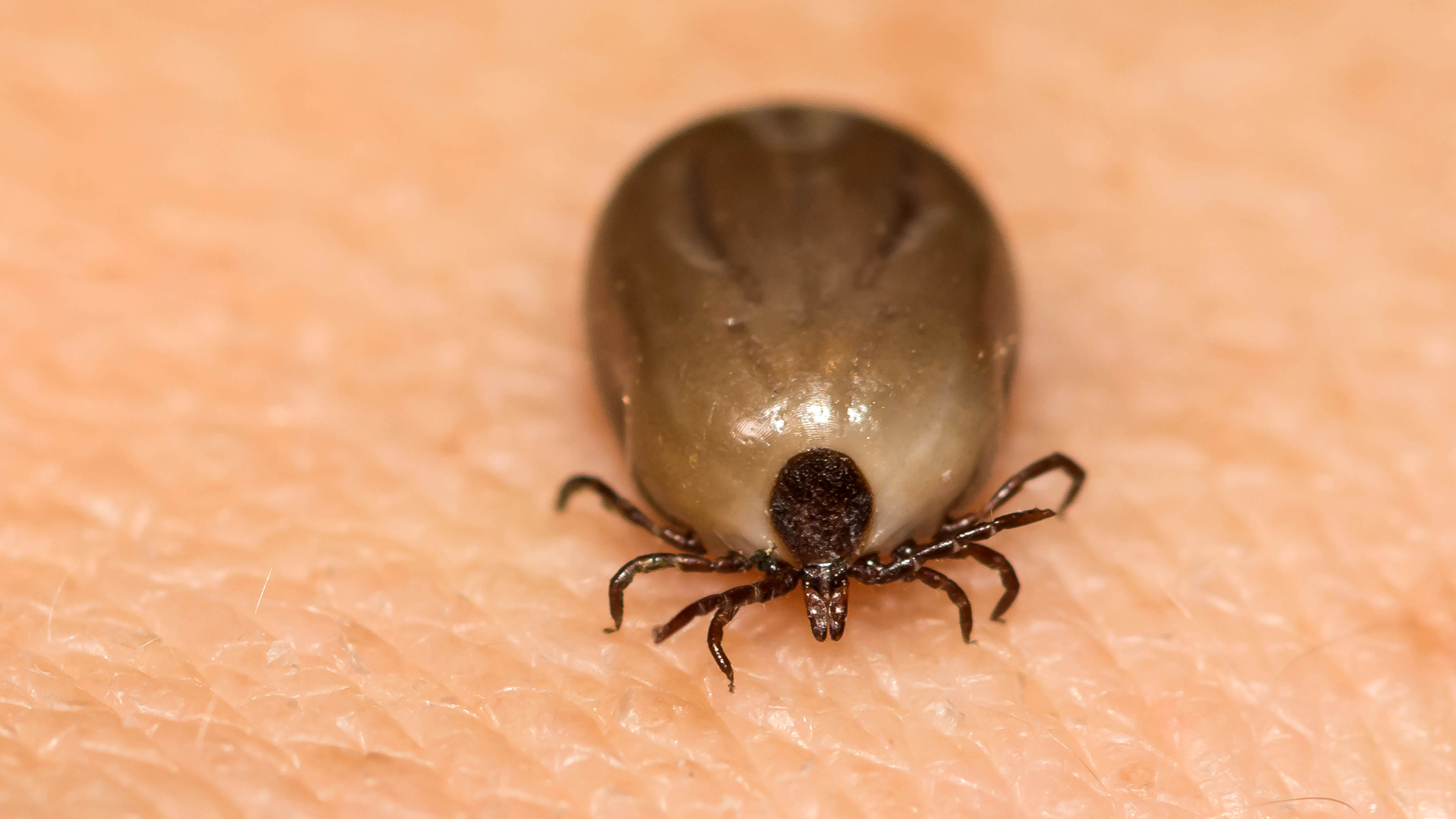Lately, whenever you experience a cough or fever-like symptoms, what is the first thing you do? You might run to get tested for COVID.
But a much lesser-known virus has surged in recent months that has all the same symptoms and might be affecting the South Florida area.
Most are unaware of the respiratory virus known as hMPV, or human metapneumovirus which can have similar effects to a bad cold or flu.
Here's what you need to know about hMPV and how it could affect you.
Get South Florida local news, weather forecasts and entertainment stories to your inbox. Sign up for NBC South Florida newsletters.
What is human metapneumovirus?
Human metapneumovirus (HMPV) can feel like a bad case of the common cold and can cause upper and lower respiratory disease in people of all ages, especially among young children, older adults, and people with weakened immune systems.
At its peak in mid-March, the Centers for Disease Control and Prevention saw positive testing for hMPV at around 11% — which was about 36% higher than the pre-COVID average.
Discovered in 2001, hMPV is in the Pneumoviridae family along with respiratory syncytial virus (RSV), but broader testing has shown that hMPV is an important cause of upper and lower respiratory infection.
RELATED STORIES
What are the symptoms of hMPV?
HMPV symptoms are similar to many other respiratory viruses. Symptoms include:
- Runny nose
- Sore throat
- Fever
- Cough
- Nasal congestion
- Shortness of breath
Clinical symptoms of HMPV infection may progress to bronchitis or pneumonia and are similar to other viruses that cause upper and lower respiratory infections.
According to the CDC, the estimated incubation period is three to six days, and the median duration of illness can vary depending upon severity but is similar to other respiratory infections caused by viruses.
What should I do if I think I may have hMPV?
Like with COVID, if you or a member of your family feels sick, you should stay home and wash your hands regularly.
To further prevent infection:
- Wash their hands often with soap and water for at least 20 seconds
- Avoid touching their eyes, nose, or mouth with unwashed hands.
- Avoid close contact with people who are sick.
Patients who have cold-like symptoms should
- cover their mouth and nose when coughing and sneezing
- wash their hands frequently and correctly (with soap and water for at least 20 seconds)
- avoid sharing their cups and eating utensils with others
- refrain from kissing others
- stay at home when they are sick
Is there a vaccine for hMPV?
There is no treatment or vaccine for hMPV, though scientists are working on the latter.
Symptoms can be treated with standard over-the-counter medications.
How is hMPV spread?
According to the CDC, hMPV is most likely spread from an infected person to others through:
- secretions from coughing and sneezing
- close personal contact, such as touching or shaking hands
- touching objects or surfaces that have the viruses on them then touching the mouth, nose, or eyes
In the U.S., hMPV circulates in distinct annual seasons, beginning in the winter and lasting until or through spring. HMPV, RSV, and influenza can circulate simultaneously during the respiratory virus season.
How could hMPV affect South Florida?
Most people who have caught hMPV probably didn’t even know they had it. Sick people usually are not tested for it outside of a hospital or emergency room.
But according to a regional breakdown by the CDC, in the spring months, there was an uptick in PCR detections in the South.
So if you feel a cough, fever or any other symptoms coming on, don't disregard hMPV as a possibility your infection.




